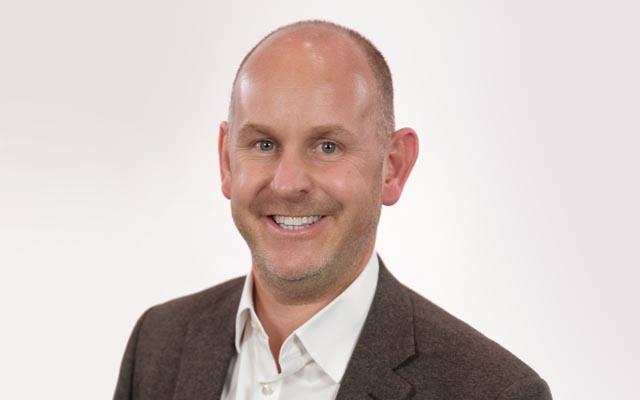Mark Cooper, CEO of IACC (International Association of Conference Centres), believes that the role of meeting planners remain as important as ever, while venues will have to step up their game to ensure their ethical and environmental credentials are in place to attract potential clients

How important is the role of a meeting planner in this current climate?
Considering the increased value that needs to be squeezed out of every meeting or conference that returns, I would say it is critical.
But the role of the venue and the venue’s staff is of equal importance. The hospitality industry has been rocked and leaked talent globally, so choosing a venue that has retained skilled and knowledgeable conference support staff is as important as an experienced meeting planner.
Will there be more hub-and-spoke events, similar to how ICCA held its large-scale association meeting last year?
Actually, I feel it is easiest to adopt multi-location meetings for smaller groups, as technology needs are simplified. IACC used it for our meetings where we had groups of between 15 and 50 at each live location, and it worked very well in both Europe and the Americas conferences in 2021.
How about hybrid and virtual events? Will the popularity of both dip or will it be another way for people to meet?
Short-term I believe the dip will be more pronounced as we rush back to live meetings to meet our needs for in-person collaboration. But as this immediate need wanes, I believe we will see more digitally charged live meetings, with some level of remote access commonplace longer term.
Why isn’t a venue just a place to meet now, and needs to have ethical and environmental credentials? Has this become a more important decision-making factor in recent years?
It was important before 2020, but a combination of things has led to an acceleration of efforts now. The race to net zero events is real and events like COP26 has pushed investors hard to effect change in companies they have influence over, which in turn put that demand on the events industry to deliver!
What does an event/meeting of the future look like to you?
I do not think of the future as a revolutionary change happening overnight. I think it will continue to evolve and we will see programmes, as well as expectations on individuals attending events, change too.
Just as we have found better work/life balance through remote and flexible working, I think some conferences may have perhaps been too demanding on people and they might want better balance, and more variety.
What other changes have been brought on by a decentralised work environment, and how will this affect corporate planners and their jobs?
IACC just completed a global study on the topic of how decentralised working may impact the need for externally staged meetings and conferences. I do not see a threat to the meeting planner, especially if, as we think, the need for more external meetings increases to fill the void of not meeting over the water cooler.
As many industry professionals have left during the past two years, how can the industry attract them to come back?
Two things need to happen and quickly. We have to find ways to put the heart back into hospitality, and shake off any past negativity as it relates to job insecurity. This includes creating a working environment that is as close to the customer experience as can possibly happen. We can make it happen, by focusing on the people and not the job or process.
We also need to evaluate candidates differently. If we look to the same attributes and skills for roles as we did pre-pandemic, the recovery will be slowed. But leaders need help in changing past methods, and it can be tough to adapt one’s personal evaluation of a candidate for a role.





















